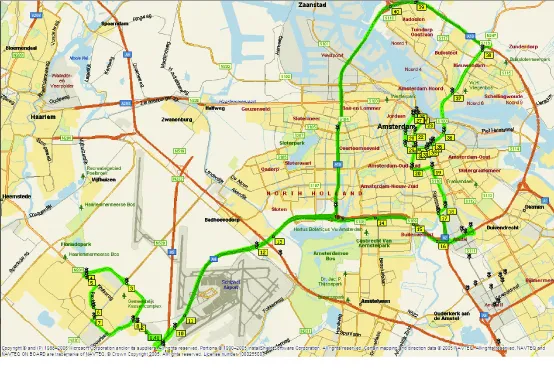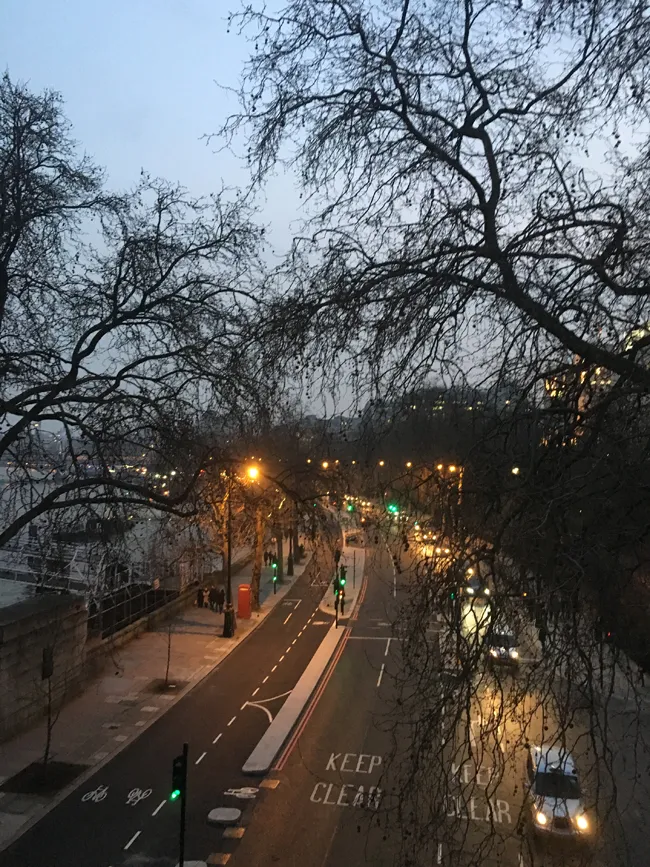According to figures from Dutch automotive association and tourism group ANWB, traffic congestion, which is measured by the length of jams multiplied by the length of time of the jam, decreased 27 per cent in the Netherlands in 2011, compared to the averarage across the last five years.
April 24, 2012
Read time: 1 min
According to figures from Dutch automotive association and tourism group 5181 ANWB, traffic congestion, which is measured by the length of jams multiplied by the length of time of the jam, decreased 27 per cent in the Netherlands in 2011, compared to the average across the last five years. This is also a 25 per cent decrease on 2010. Reasons given for the decrease include fewer weather problems and because additional rush hour lanes were opened. The economic crisis is also said to be a factor, as fewer trucks use the roads.
The roads around the city of Amsterdam saw a particular decrease due to extra lanes on the A1 and A9 motorways, and in Rotterdam the congestion decreased eight per cent. The busiest time to drive on roads in the Netherlands is Tuesday mornings and Thursday afternoons.
The roads around the city of Amsterdam saw a particular decrease due to extra lanes on the A1 and A9 motorways, and in Rotterdam the congestion decreased eight per cent. The busiest time to drive on roads in the Netherlands is Tuesday mornings and Thursday afternoons.








